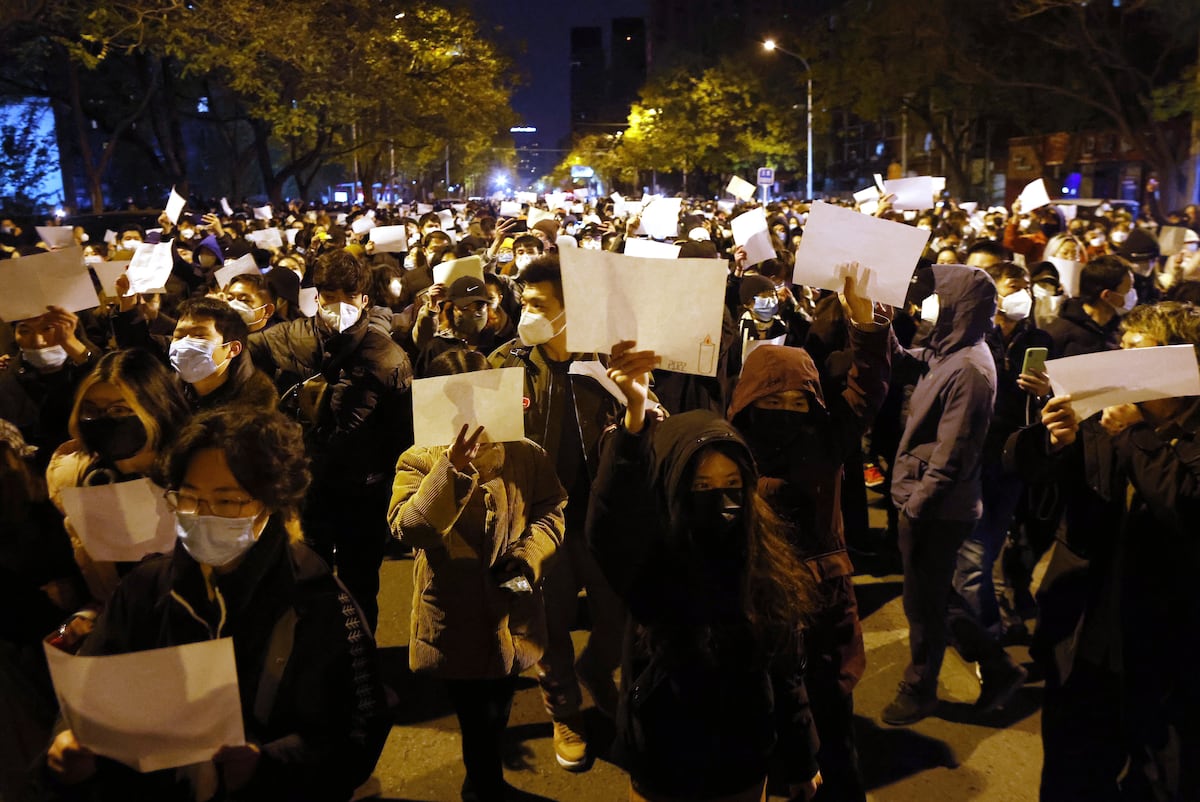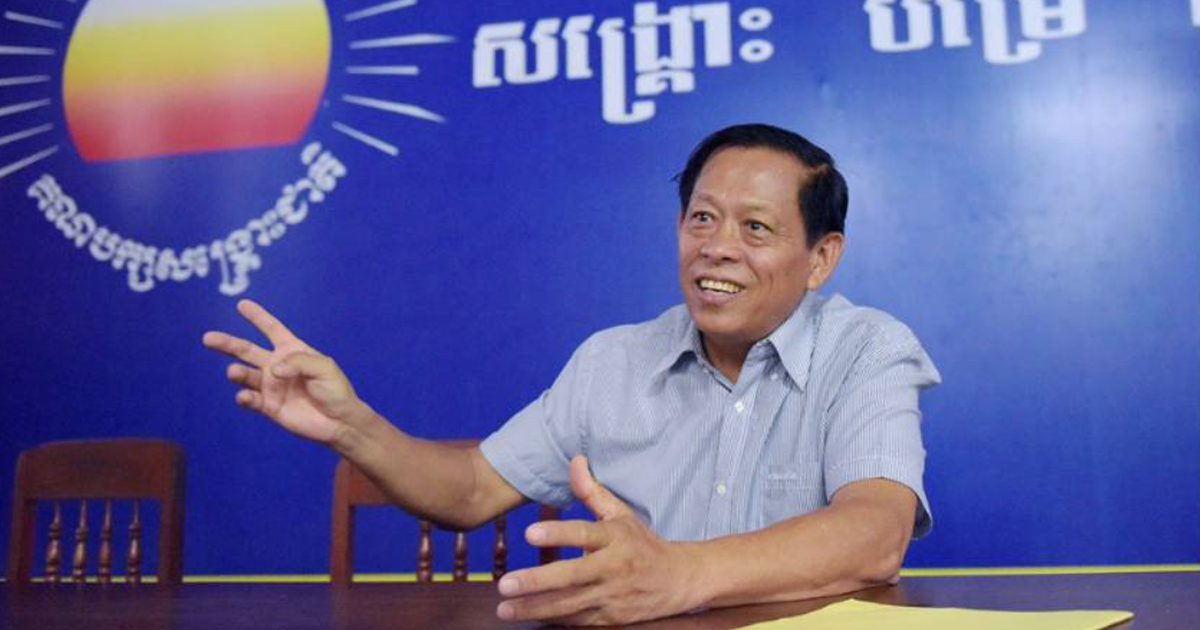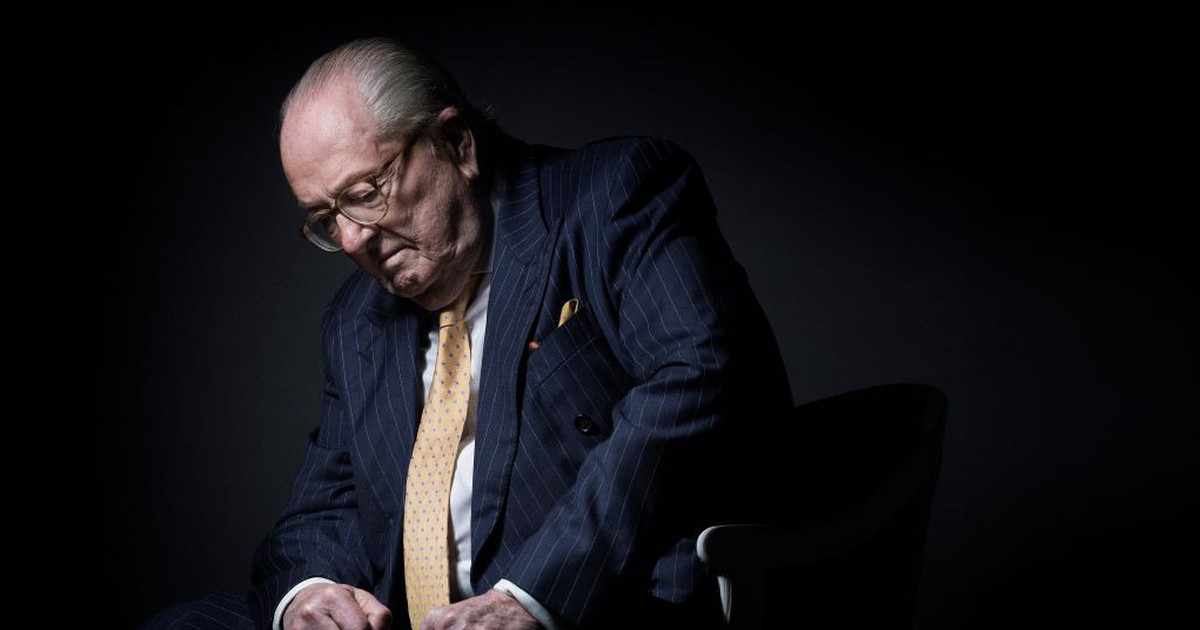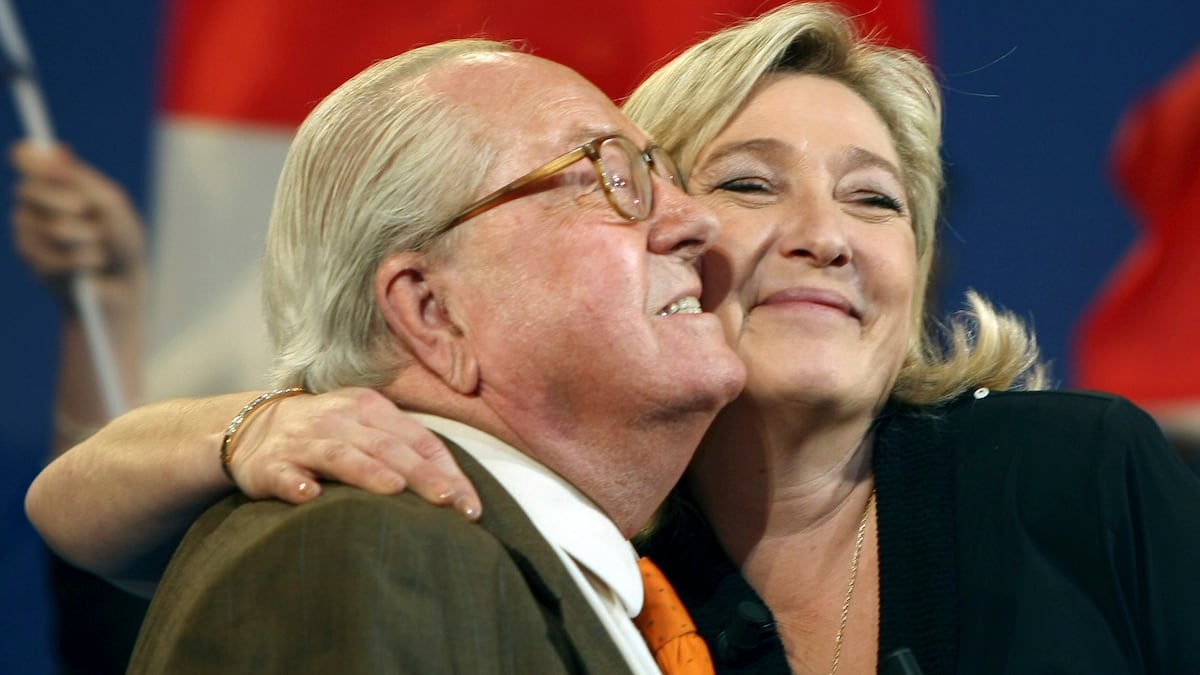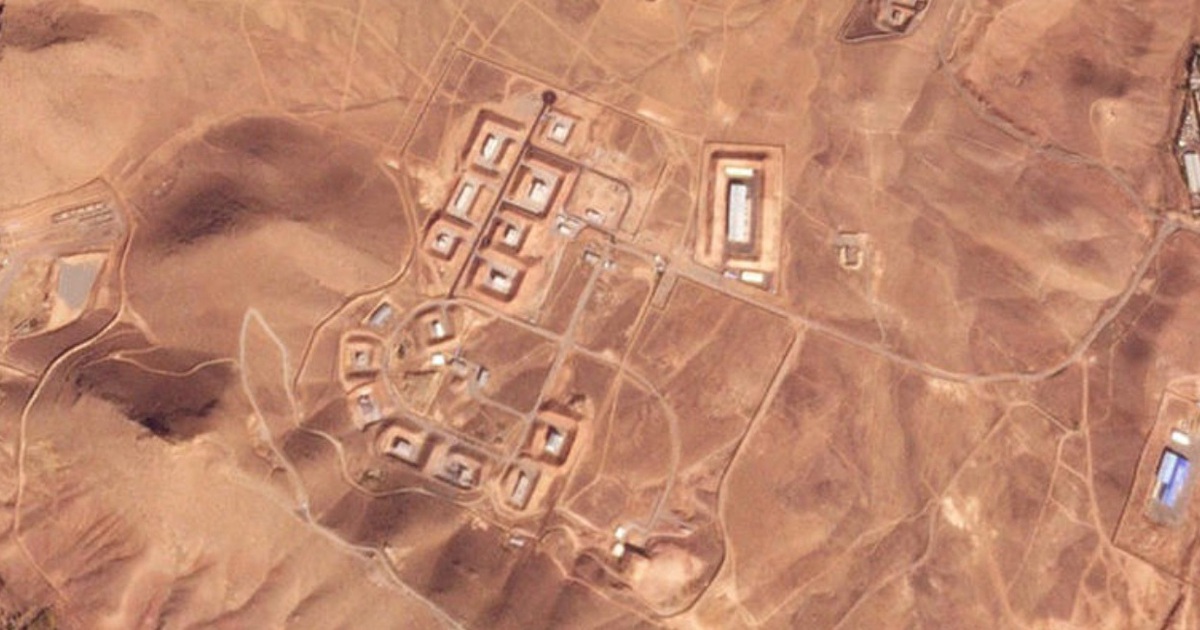A new blow to press freedom in China. Chinese filmmaker Chen Pinlin was sentenced on Monday by a Shanghai court to three and a half years in prison for making a documentary about the blank page protests that shook the country at the end of 2022 to demand an end to the harsh policies against the covid pandemic. The spark of citizen fury, which had its epicenter in the financial megalopolis of China, where thousands of people took to the streets shouting “We want freedom!” and “Down with Xi Jinping!”, was immediately reproduced in different cities, from Beijing to Guangzhou. It was one of the largest expressions of dissent in China in decades. And although it was forcefully appeased by the authorities, with numerous arrests and police deployments, it definitively contributed to Beijing’s decision to drop just a few days later the very harsh zero-covid policy that had governed the lives of its 1.4 billion inhabitants.
Chen, 33, also known as Dish (Plato in English), has been found guilty of “picking quarrels and creating problems,” as confirmed to Reuters by his former lawyer, Daniel Fang, who handled his defense before leaving China last year. Fang, citing sources close to the case, has assured that Chen, who pleaded guilty, plans to appeal the sentence.
The crime of “picking quarrels and creating trouble” is routinely used as a catch-all by the Chinese judiciary to condemn any type of dissent by activists, lawyers and journalists. The filmmaker was arrested in November 2023, after having posted his documentary on the Internet just one year after the demonstrations.
Organizations such as Amnesty International and Reporters Without Borders (RSF) had been demanding his freedom for months: “Documentary filmmaker Chen Pinlin has only served the public interest by reporting on historical protests against the regime’s abuses and should never have been detained,” he said in March of this year. year Cédric Alviani, director of RSF’s Asia-Pacific Office, in a statement.
The 76-minute film is titled in English Not the foreign force(It is not the foreign force), in reference to one of the arguments that official propaganda usually uses to connect any manifestation of discontent in the country with the interference of foreign governments.
The film is still available online. It begins with a trip to the epicenter of the zero covid policy, showing how draconian measures had pushed the population to the limit after three years of digital hypercontrol through health applications, constant factory closures, citizen macro-confinements, and the massive use of PCR tests as a control measure.
It stops at the origin of everything: a fire in Urumqi, capital of the autonomous region of Xinjiang, in western China, which caused the death of ten people. Many blamed anti-pandemic restrictions for the tragedy, as the building maintained semi-confined conditions that made rescue efforts difficult (a claim refuted by local authorities). Protests immediately broke out in that city, despite the freezing temperatures. And shortly after, a crowd gathered on Urumqi Street in Shanghai, as a tribute to the victims of the fire, and to demand the end of the zero covid policy that kept China in a chrysalis while the rest of the world had already stopped. behind the restrictions.
The spontaneous meeting picked up speed. It spread to other cities. They were mostly jaded and disaffected young people. They chanted slogans such as: “We don’t want PCR, we want freedom!”; Some also began to call for the fall of the Chinese Communist Party and insulted the president, Xi Jinping, two of the thick red lines marked by the country’s authorities.
They carried blank pages, mere empty pages with nothing written: an obvious reference to the country’s harsh censorship, which usually acts immediately to eliminate any message of disobedience, and also an ironic way of highlighting the absence of freedom of expression. It was one of the greatest proofs of political challenge to the Government of the current president, who had then just been re-elected for a third term, unprecedented among his immediate predecessors. For the majority of those who attended, it was the first time they had gathered in the street to present political demands.
The images of the demonstrations recorded and spread on social networks were quickly removed from the internet. Many of these videos, in addition to those recorded by the director, are what give shape to the documentary.
The police response was immediate. There were no mass clashes. There were numerous arrests, although there is no official figure. The film concludes with a message: “Some wonder, what was the point of protesting in the streets? […] We have lacked experience and we have been cowards and hesitant, but today we have the courage to stand up and speak clearly. What we lacked this time, we can do better next time. If I had to do it over again, I would still choose to be there. Because a Government that fears even blank pages cannot defeat justice in the hearts of the people.”
China ranks 172 out of 180 in the press freedom index compiled annually by Reporters Without Borders. The country’s authorities use surveillance, coercion, intimidation and harassment to prevent independent journalists from reporting on issues they consider “sensitive,” according to the aforementioned report. “China is the largest jailer of journalists in the world, with more than 100 detainees currently,” he asserts.
Among the latest notable cases are that of former lawyer and citizen journalist Zhang Zhan, released in May after serving four years in prison for documenting the early days of the Covid-19 pandemic from Wuhan; and that of Huang Xueqin, journalist and activist of the movement Me Too in China, arrested in 2021 and sentenced in June to five years in prison for inciting subversion against state power.

